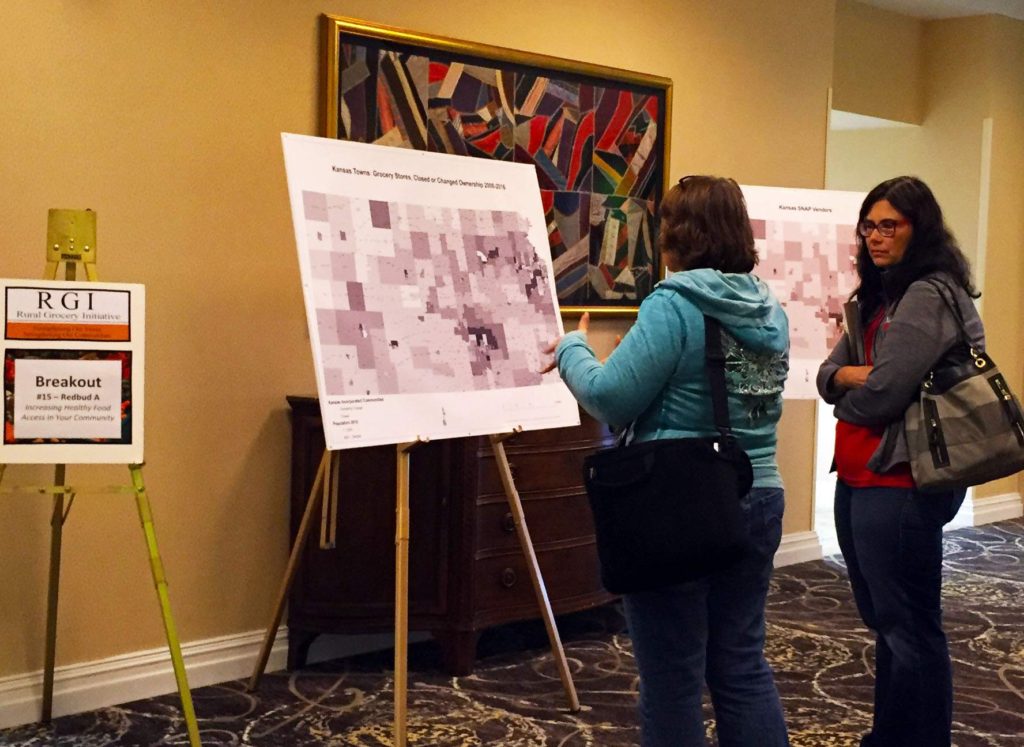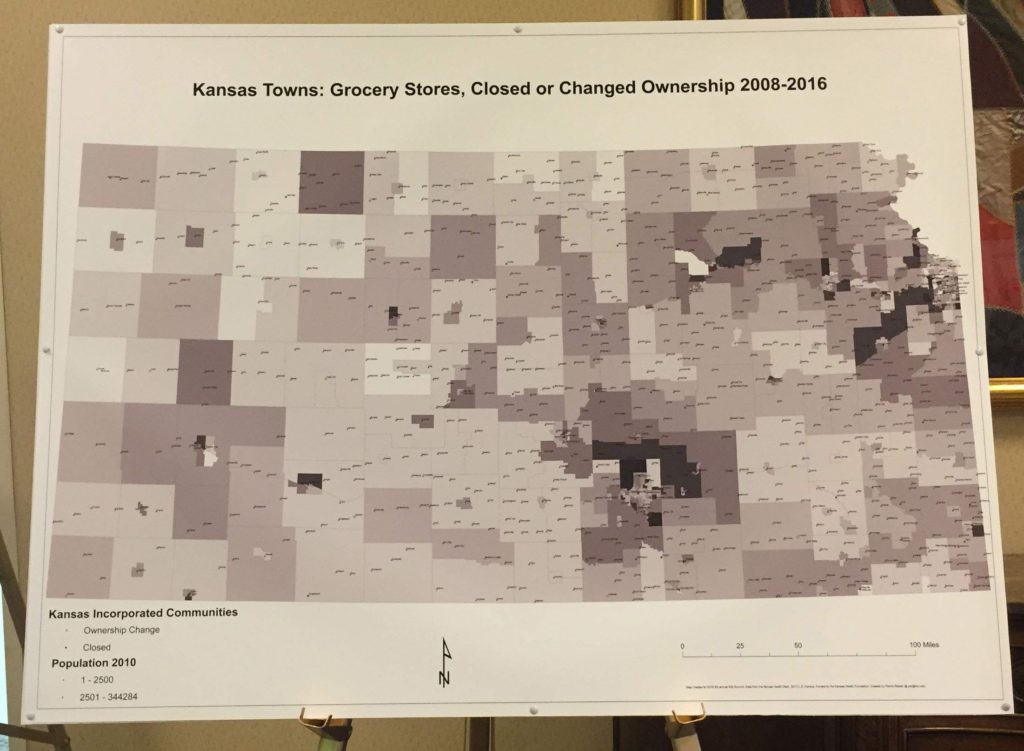WICHITA, Kan. — What does a high-end caterer in a rural area do to give back? If you are Donald Sorby, you volunteer with a statewide program that empowers families at risk of hunger to gain the skills, knowledge and confidence to make healthy and affordable meals.
Sorby was one of about 200 people attending a Rural Grocery Summit, and offered his experience as part of Cooking Matters Minnesota as a way food retailers and advocates could promote a healthier lifestyle.
The program is partnership between University of Minnesota Extension and Share Our Strength’s No Kid Hungry campaign. Participants enroll for a six-week course that meets once a week and covers nutritional information, offers hands-on food preparation and provides strategies for food budgeting and shopping. Participants learn to cook two meals at each of his classes, Sorby says, and then leave with the ingredients so that they can replicate the meals at home.
“Cooking isn’t something everyone learns at home, and it isn’t always taught in schools anymore,” Sorby said.

“Many of those in our classes have very limited exposure to fresh produce. Many live in apartments or other rental property and haven’t had space for a large garden, although we discuss the types of produce that can be grown in containers.”
Sorby’s most recent class included eight adults and 22 children. Since he’s been volunteering for the past four or five years, his best guess is that he has worked with 80 to 100 families.
Because he lives in a rural area, Sorby drives more than two hours to volunteer at the classes. But he says the time is well spent, and the “outstanding” program exit surveys show progress
“Everybody deserves to have a good meal,” he said. “Doing this work gives me a happy heart.”
It also clears a path for local producers to diversify and have a strong regional market for their offerings. It gives people like Sorby an opportunity to give back while following their passion.
Iowa State University Extension and Outreach offers a similar program in Linn and some additional counties called Buy Eat Live Healthy. The program includes eight lessons, which can be offered in a group setting or individually.
“Being able to provide the programs in a home or for a group allows us to be more flexible. So, it doesn’t have to be a once-per-week class, but can be adjusted to the needs of those learning,” said Jody Gatewood, assistant state nutrition program specialist.
Like the Minnesota program, the Iowa classes focus on families with young children who may not have the knowledge or skill to improve their diet. Families learn to make informed choices about food and to budget meals. Participants also learn about food safety.
Such programs are also a good use of taxpayer resources, according to a 2000 ISU study that showed every dollar spent on nutrition education in Iowa saves $8.03 in future health care services.
Now we just need a few more opportunities in Iowa for people like Sorby to give back.


This column by Lynda Waddington originally published in The Gazette on June 11, 2016. Photo credit: Lynda Waddington/The Gazette
